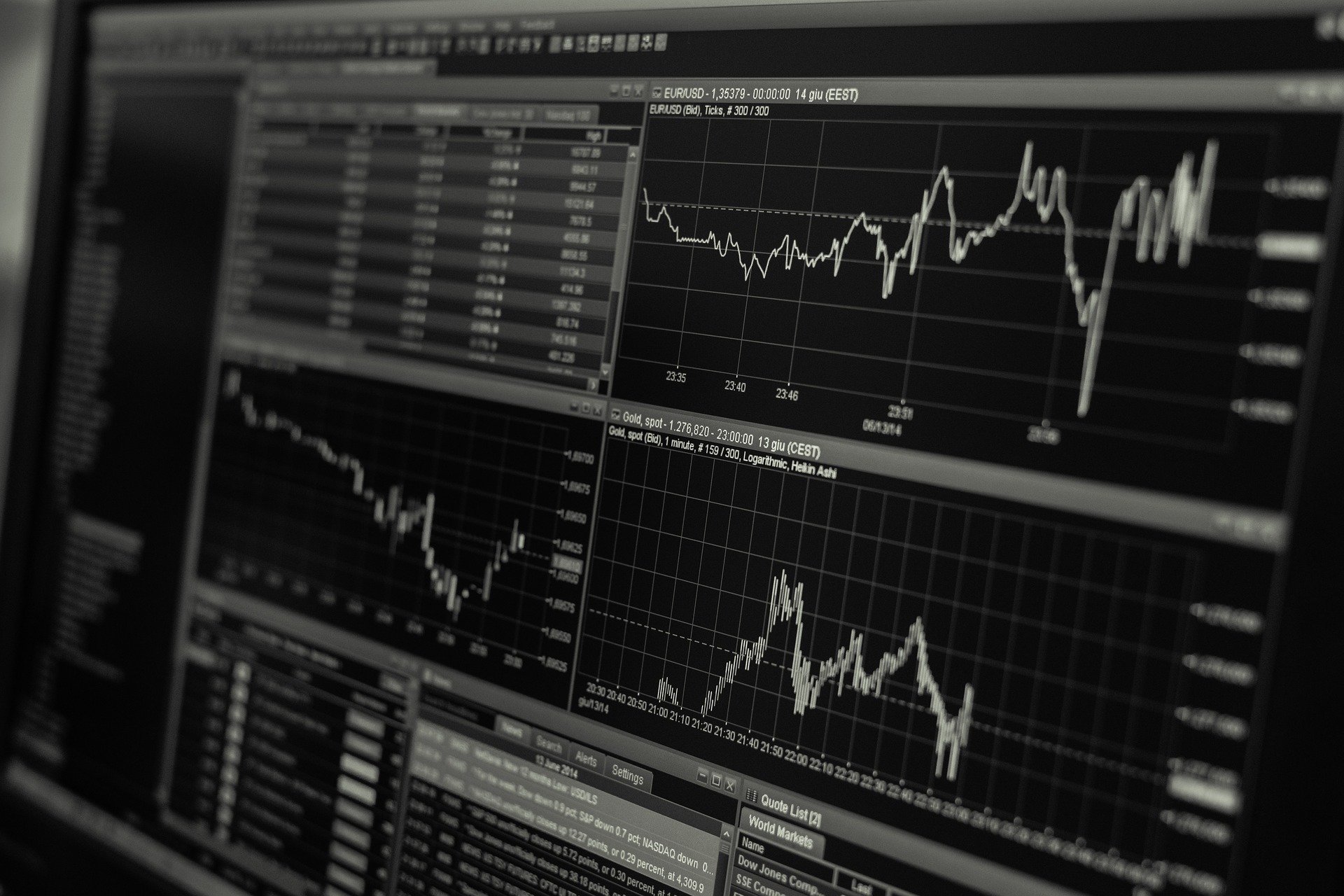
What do CFDs mean?
CFD trading is becoming more popular as it allows traders to trade the markets in both long and short directions. CFDs stand for Contract For Differences, where a trader enters an agreement with their broker to sell an asset at a future date. There is no ownership of the asset, and the trader earns a difference in the price whether it is in their favor or not.
Let us consider an example where a trader places a sell order on Apple stock CFD to understand the concept better. They short 1000 shares at $140. Luckily the market turns in their favor, and the stock drops by $1. Here they earn $1000 in profit without having any physical ownership of the security. The broker, in turn, can charge commissions or make income through the spread, i.e., the difference between the bid and the ask.
In recent years, this form of trading had dramatically influenced the markets, mitigating the old ways when a trader had to be physically present to place orders.
Understanding CFDs
Let us go through some important characteristics of CFD trading. In the end, you will learn how you can reap the maximum benefits and avoid losses.
Fee Structure
CFD brokers charge their fees via two models.
- As mentioned before, the spread is the difference between the bid and the asking price. For most currency pairs, this can vary from 1 to 2 pips.
- The commission model is a much recent form of charging the fees, where the spreads are minimal, usually 1 to 2 points. Commissions are charged per lot and can vary from $5 to $20.
Market Speculation
The significant benefit of CFDs comes when traders are able to speculate the market in both long and short directions. This can help them execute their strategies both ways and use hedging if necessary.
Leveraging Positions
While using leverage is considered extremely risk in trading, it makes it possible for traders with small capital to enjoy trading with large positions. With the increasing developments and competitions between brokers, traders can get as much as 1:2000 in leverage.
Duration of the Contract
CFD contracts have no fixed expiry date, allowing traders to keep their position as long as they like. However, traders must keep in mind that they can be subjected to rollover fees, also known as swaps. Brokers may allow swap-free trading for Islamic accounts.
Regulation
Regulatory authorities look over CFD brokers to ensure that trading is done using appropriate techniques and there is no stop hunting or bogus methodologies used. To get a license from one of the companies, brokerages have to undergo numerous tests. They have to ensure customer satisfaction and provide the best services possible. Being regulated by multiple financial companies adds to the reputation of the exchange.
Available Products
There are multiple financial instruments available with CFDs. Some include indices, futures, forex, stocks, and bonds. With a range of assets available under a single broker, traders can quickly diversify their portfolios without shifting accounts.
Order Types
While order types are mainly limited to the broker and the platform you are using, CFD trading has no limitations. Traders can use GTC, limit, stop executions, etc.
Conclusion
While the range of benefits available from CFDs is widespread, traders should not forget that using high leverage can cause a margin easily. Risk management is one of the important aspects of financial markets, which many ignore during their initial stages of trading. It is vital not to put more than 1% of your total account value on any trade.
via: Information Nigeria














No comments
Post a Comment